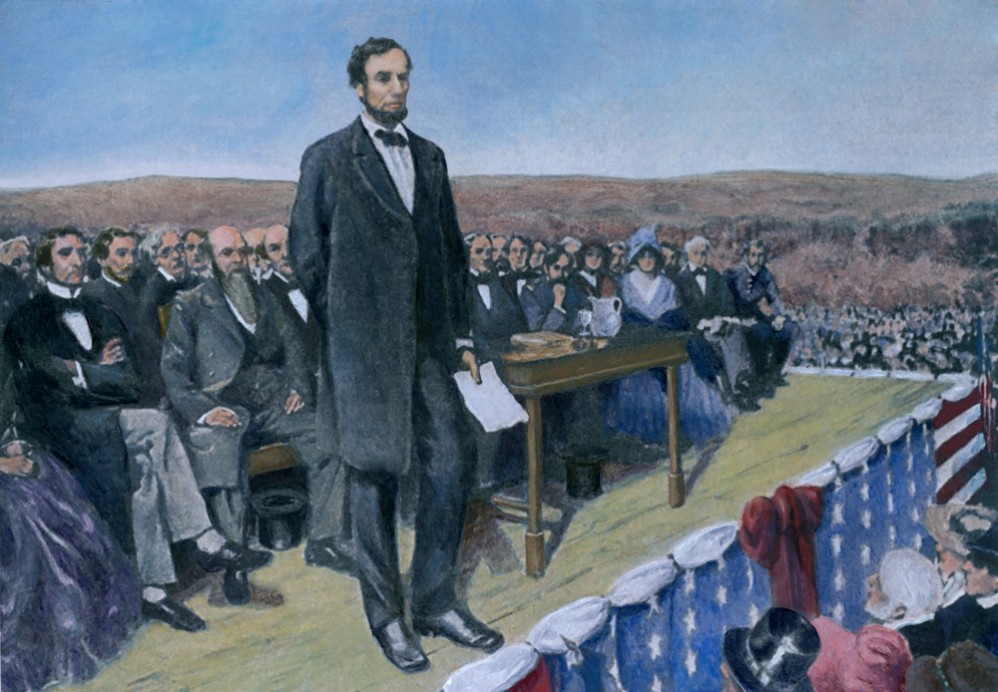
150 years ago on March 4, with General Sherman’s devastating march through Georgia accomplished, and General Grant’s siege of the Southern capitol drawing to a successful close, Abraham Lincoln took the presidential oath of office for a second time. That oath, “to preserve, protect and defend the Constitution of the United States,” had supplied the basis for Lincoln’s broad exercise of executive authority at the outbreak of war four years prior. In the late winter of 1865, that dismal scene had markedly changed.
With a promising military forecast and the Thirteenth Amendment’s passage through both Houses, Lincoln might have used the occasion to boast of his accomplishments. Instead, he sought a lasting testament to the anguish of our Civil War by confronting one of the deepest moral questions to stir man’s soul: Is God just? This question haunts us all at one time or another. For this reason, we too might learn something from Lincoln’s Second Inaugural Address, about ourselves and the limits of politics to satisfy our longing for ultimate justice. Lincoln’s argument in the Second Inaugural was not a pragmatic concession to the nation’s immediate needs, but a thoughtful, coherent, principled answer to the question of God’s relation to man, and the sort of action we may be expected to accomplish given that relation.

Call us:
231-924-4050Email us:
info@americandecency.orgWrite us:
American Decency AssociationCopyright 2025 American Decency